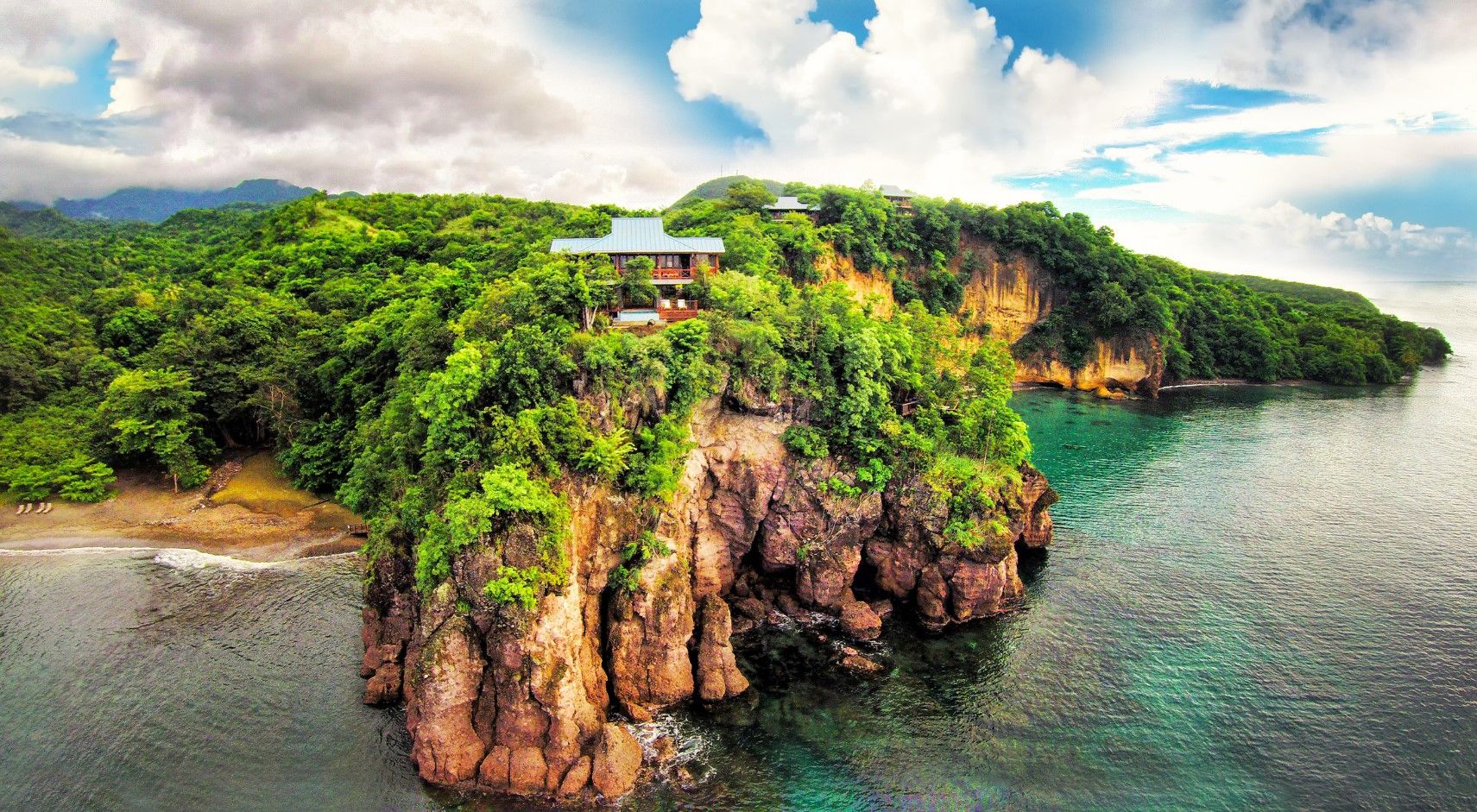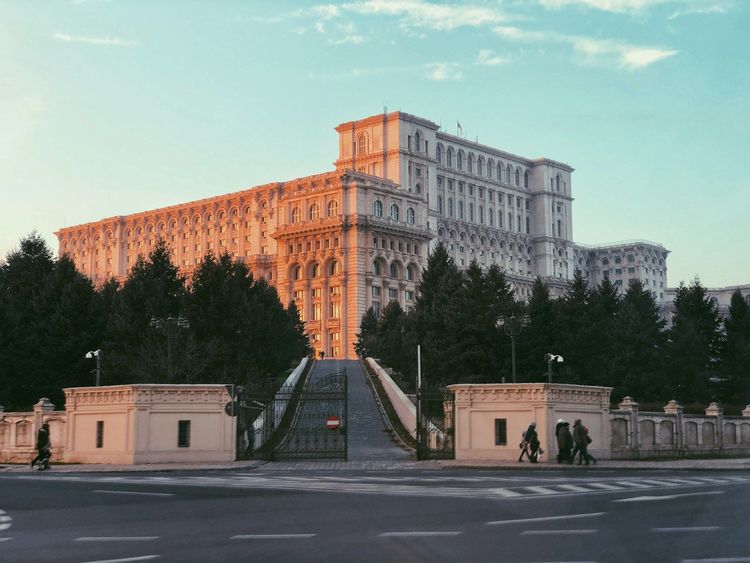Dominica and the Dominican Republic are often confused due to their similar names, but they differ significantly in geography, culture, and governance. Dominica is a small island in the Eastern Caribbean known for its rugged landscapes and abundant natural beauty, appealing mainly to eco-tourists seeking a quiet escape. In contrast, the Dominican Republic occupies the larger eastern portion of Hispaniola and boasts a diverse landscape that includes beaches, mountains, and urban areas, attracting a wide range of tourists.
Language and historical influences also distinguish the two. Dominica's official language is English, a legacy of its British colonial past, whereas Spanish is spoken in the Dominican Republic, reflecting its Spanish colonial history. Politically, Dominica operates as a parliamentary democracy and is a member of the Commonwealth of Nations. Conversely, the Dominican Republic is governed as a democratic republic with a presidential system, showcasing different political structures and affiliations. These distinctions underline the unique character of each despite their name similarity.
At first glance, Dominica and the Dominican Republic might seem like the same destination—or at least closely related—due to their nearly identical names. However, these two Caribbean nations are vastly different in terms of geography, culture, history, and even the type of travelers they attract. Let’s break down the key distinctions to clear up any confusion.
Key differences in between Dominica and Dominican Republic
| Category |
Dominica |
Dominican Republic |
| Geography |
Small volcanic island in the Lesser Antilles. Dense rainforests, few beaches, rugged terrain. |
Eastern 2/3 of Hispaniola island. Diverse landscapes - beaches, mountains, cities. |
| Country Size |
751 km² |
48,670 km² |
| Population |
~72,000 (2023) |
~11,000,000 (2023) |
| Currency |
Eastern Caribbean dollar (XCD) |
Dominican peso (DOP) |
| Language |
Official: English. Common: French Creole (Kwéyòl) |
Official: Spanish |
| Religion |
Predominantly Christian (Catholic 60%, Protestant 30%) |
Catholic (57%), Protestant (23%), other Christian denominations |
| Time Zone |
UTC-4 (Atlantic Standard Time) |
UTC-4 (Atlantic Standard Time, no daylight saving) |
| Avg. Temperature |
26°C year-round (cooler in mountains) |
25-28°C coastal, 18-22°C mountainous |
| Indigenous Culture |
Remaining Kalinago (Carib) settlements |
Taíno culture blended into mainstream |
| Tourism |
Ecotourism, hiking, diving, nature reserves |
Beach resorts, cultural tourism, nightlife |
| Economy |
Agriculture, ecotourism, citizenship by investment program |
Tourism, manufacturing, mining, agriculture |
| Accessibility |
Few direct flights, connections required |
Major international airports in multiple cities |
| Visa Policy |
Visa-free for most Western visitors |
Visa-free for most Western visitors |
Learn more about available citizenship / residency programs here.



